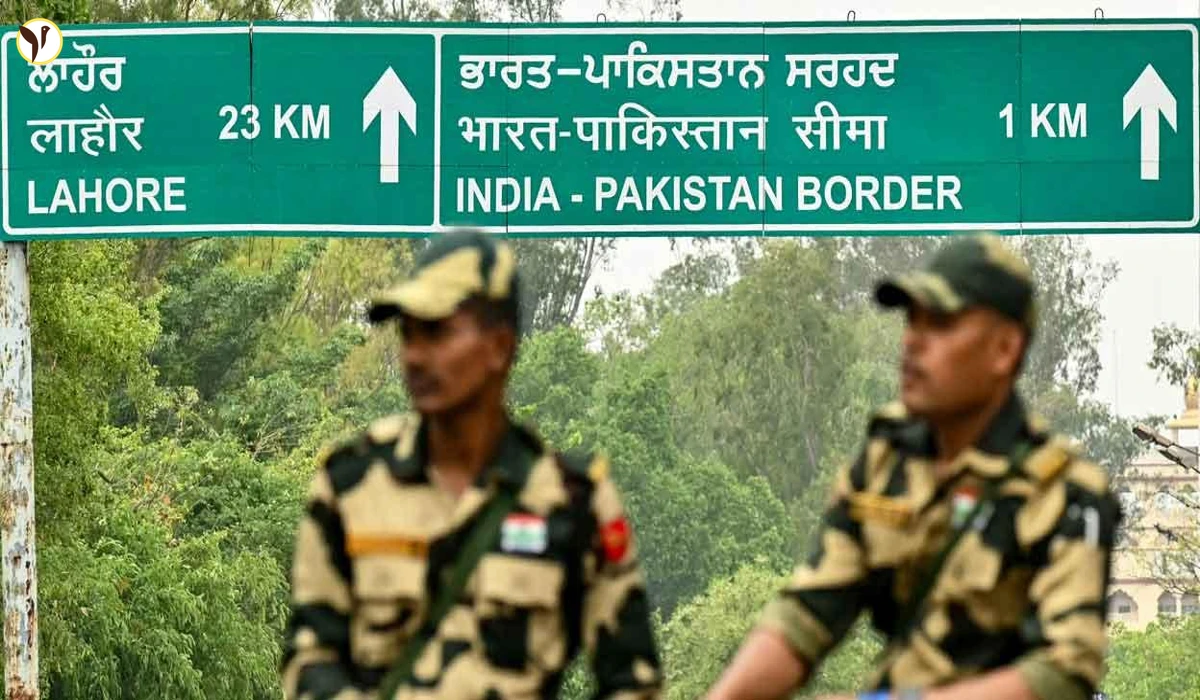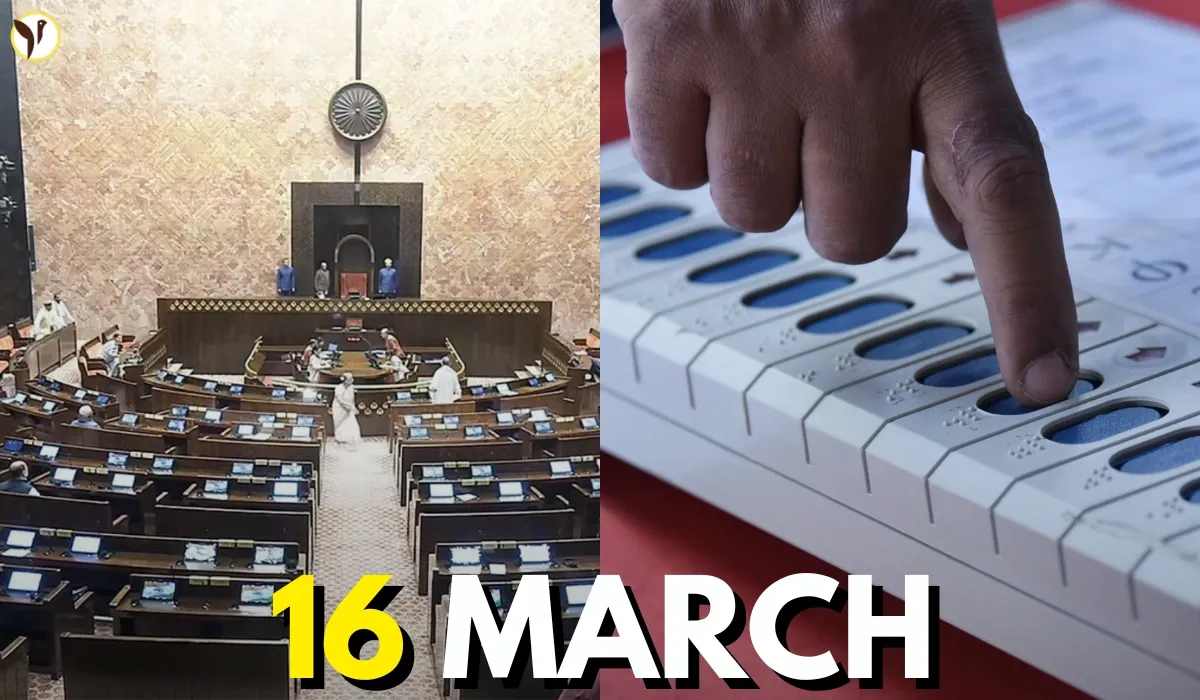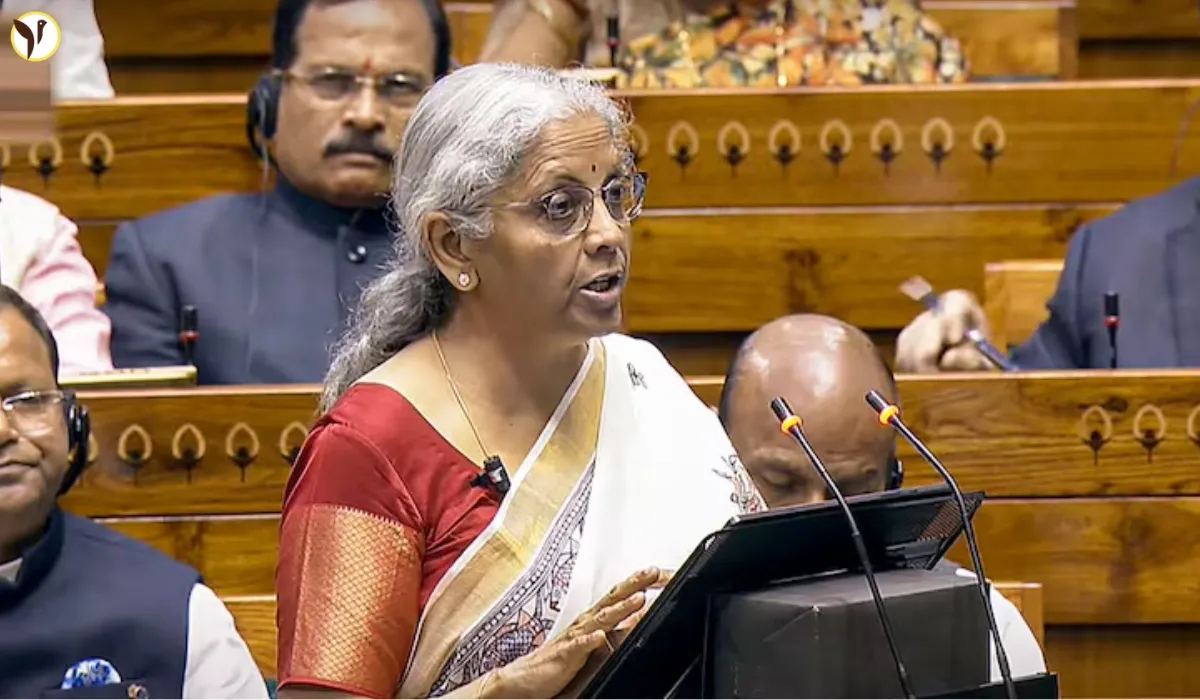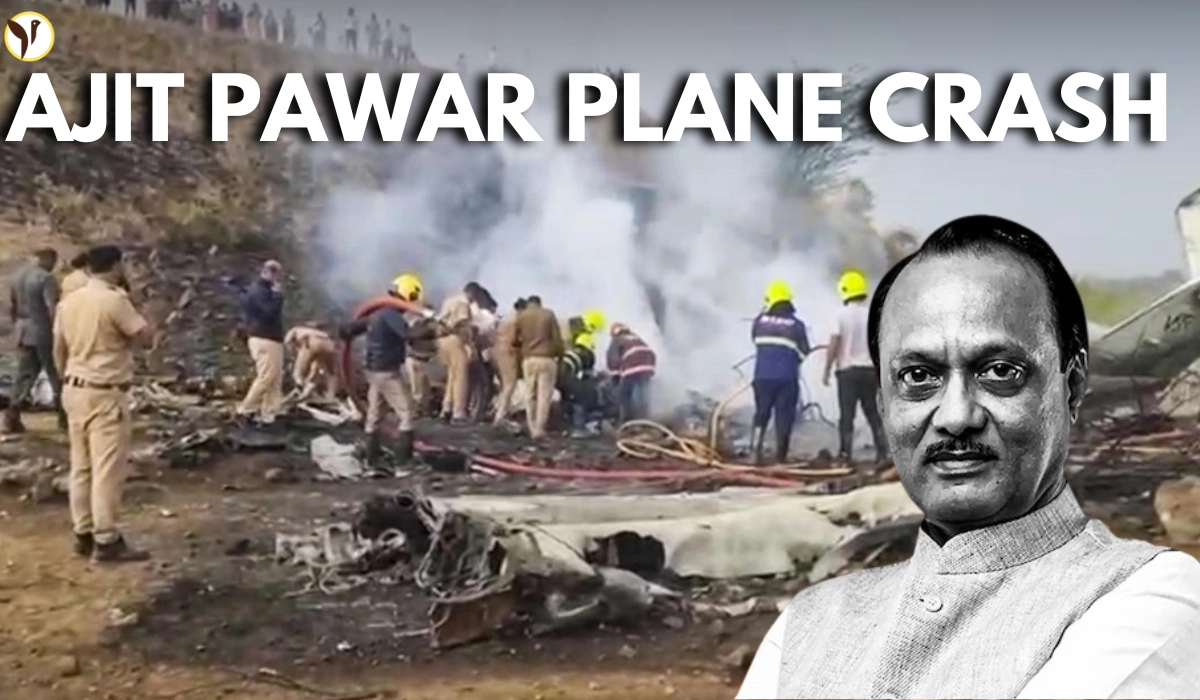Tit-for-Tat Expulsions: India and Pakistan Escalate Diplomatic Tensions
Islamabad is buzzing with news of a major diplomatic spat between India and Pakistan. In a move that’s been described as a direct response to a similar action by India, Pakistan declared an Indian High Commission staff member persona non grata and ordered their immediate departure from the country.
The Expulsions and the Backdrop
The Pakistani Foreign Ministry issued a statement Tuesday, announcing the expulsion. The statement made it clear that the Indian official was accused of engaging in activities deemed “incompatible” with their diplomatic status. The specifics of these activities remain undisclosed, but the swift action suggests a serious breach of diplomatic protocol.
- This isn't the first time tensions have flared between the two nations recently.
- Just hours earlier, India expelled a Pakistani official from its High Commission in New Delhi, citing similar reasons.
This tit-for-tat expulsion adds another layer to the already strained relationship between the two nuclear-armed neighbours. The actions come on the heels of a recent four-day military confrontation, escalating an already tense atmosphere. The expulsion of the diplomat is seen by many as a direct response to India's earlier move.
The Indian Charge d’ Affaires was summoned to the Pakistani Foreign Ministry and formally informed of the decision. This formal diplomatic communication, known as a démarche, is standard procedure in these situations.
- The speed with which both countries acted highlights the severity of the situation and the determination of both sides to respond forcefully.
- Some analysts suggest this escalating exchange is a sign that the underlying tensions between India and Pakistan remain very high.
While neither government has publicly disclosed the precise nature of the alleged misconduct, the use of the term "persona non grata" leaves little doubt about the seriousness of the accusations. The swift expulsions indicate a complete breakdown of trust between the two countries.
The Significance of the Expulsions
These reciprocal expulsions are more than just isolated incidents; they are a stark reminder of the deeply rooted mistrust and hostility that continue to plague relations between India and Pakistan. The actions taken serve as a clear signal of the deteriorating diplomatic ties and the potential for further escalation.
The situation underscores the fragility of peace in the region and the urgent need for dialogue and de-escalation. The international community is watching closely, hoping for a resolution that avoids further conflict. The events highlight the importance of maintaining diplomatic norms and respecting the privileges afforded to diplomats.
Conclusion: A Dangerous Precedent?
The reciprocal expulsions of diplomats between India and Pakistan send a worrying message. It signals a deepening rift in relations and raises concerns about the potential for further escalations. The lack of transparency surrounding the specific accusations only adds to the tension. While the immediate impact might be limited to the diplomatic realm, the underlying tensions remain a significant threat to regional stability. The international community must actively work towards de-escalation and a peaceful resolution to this complex and volatile situation.









